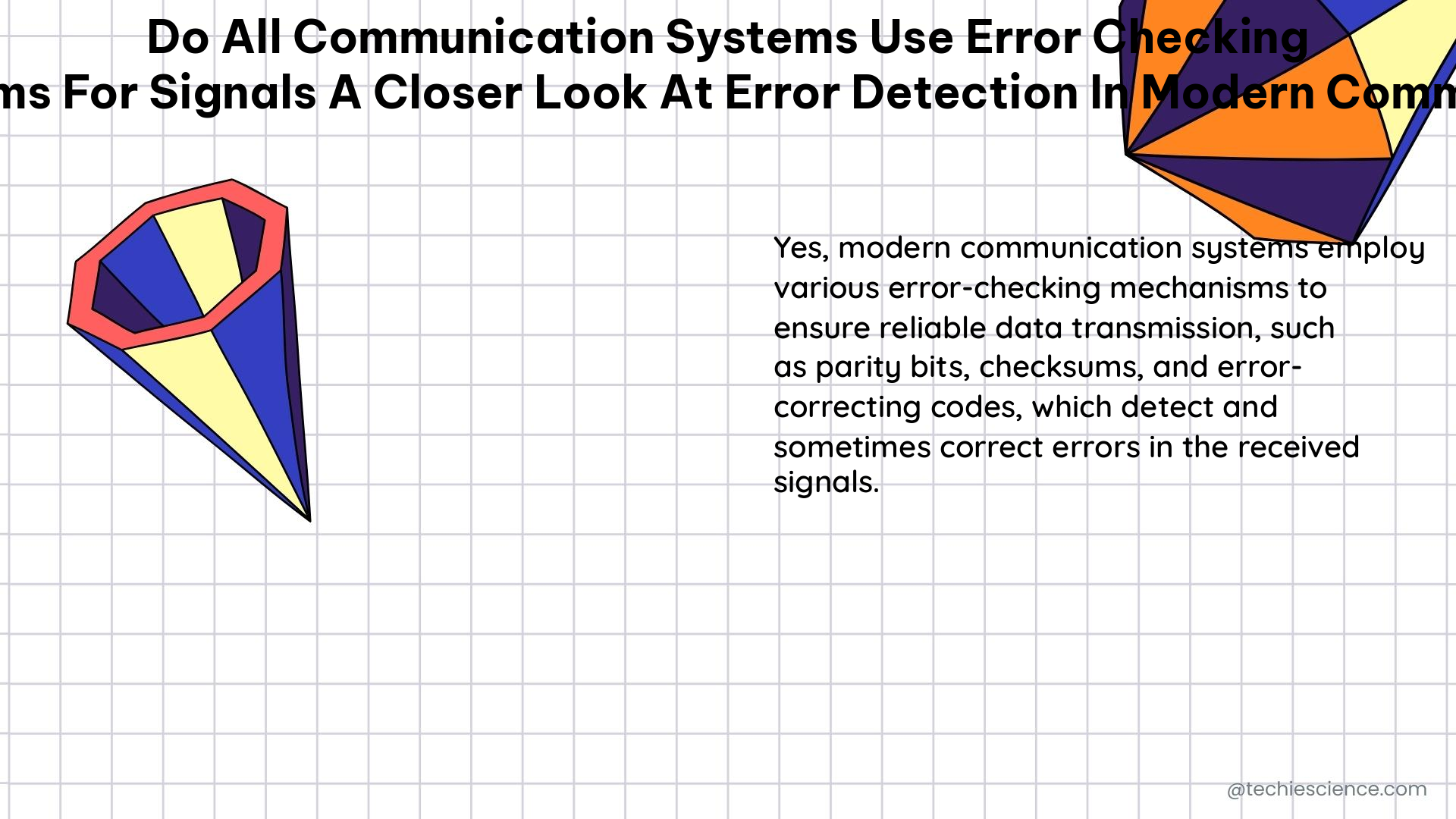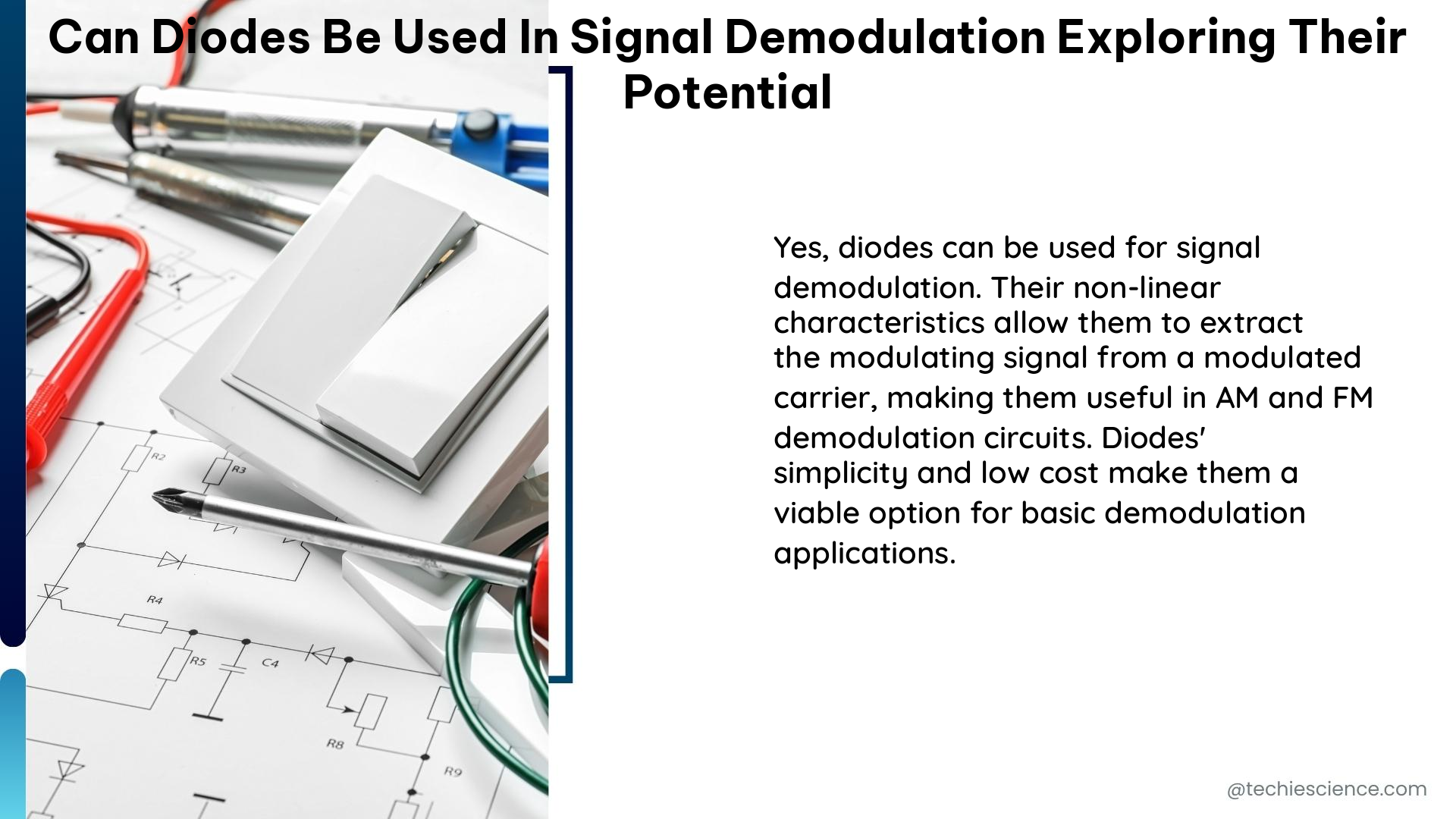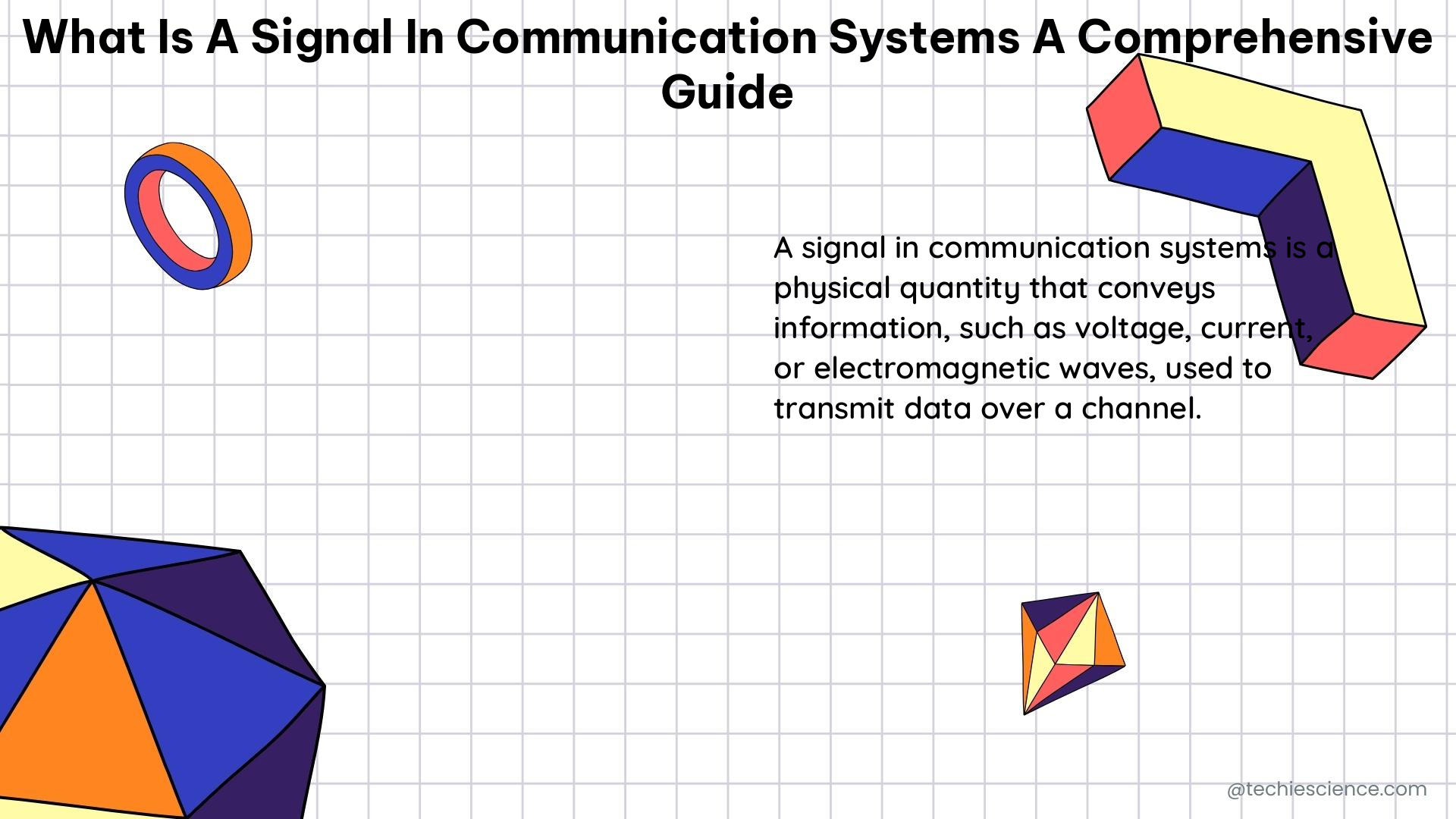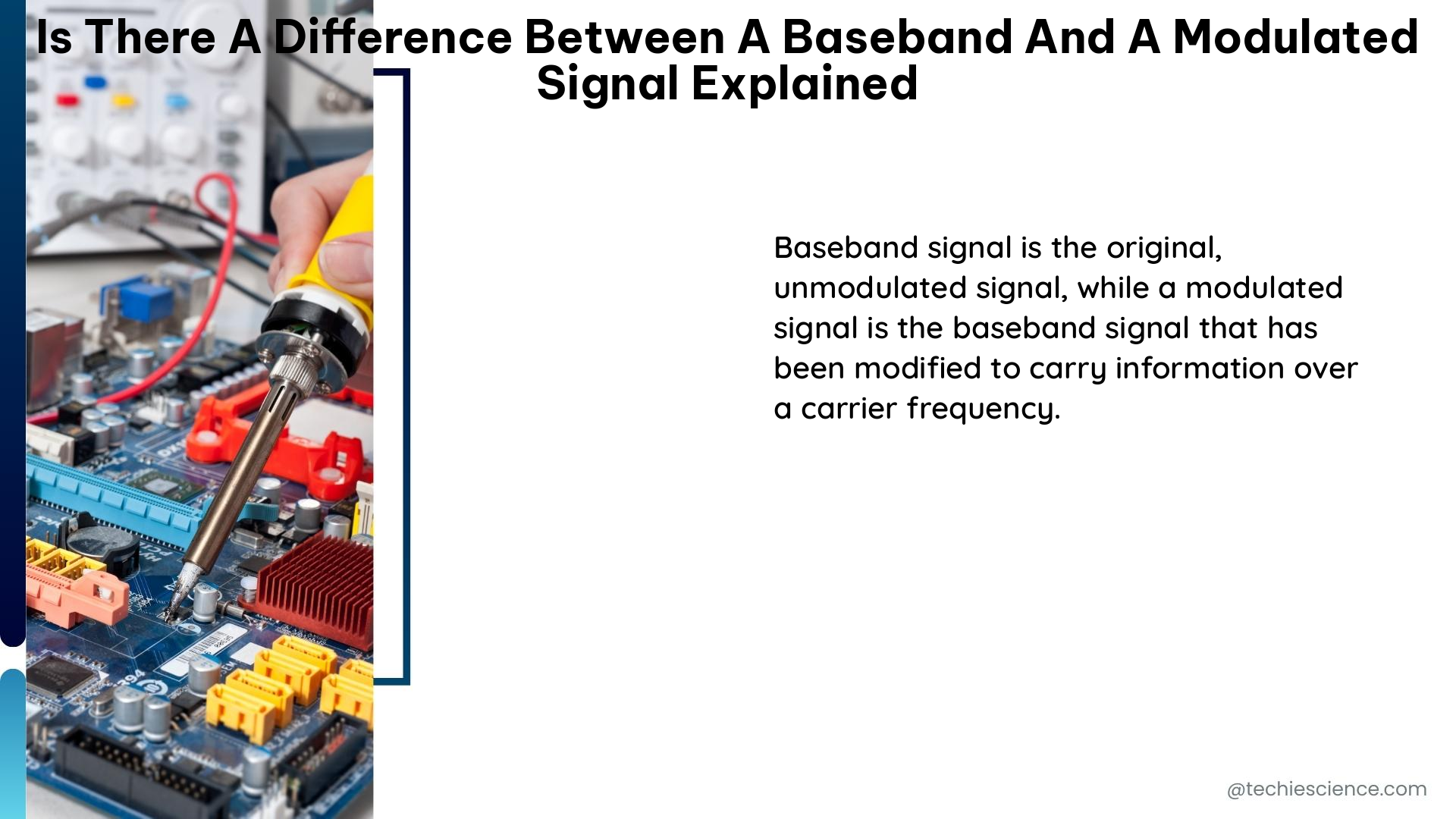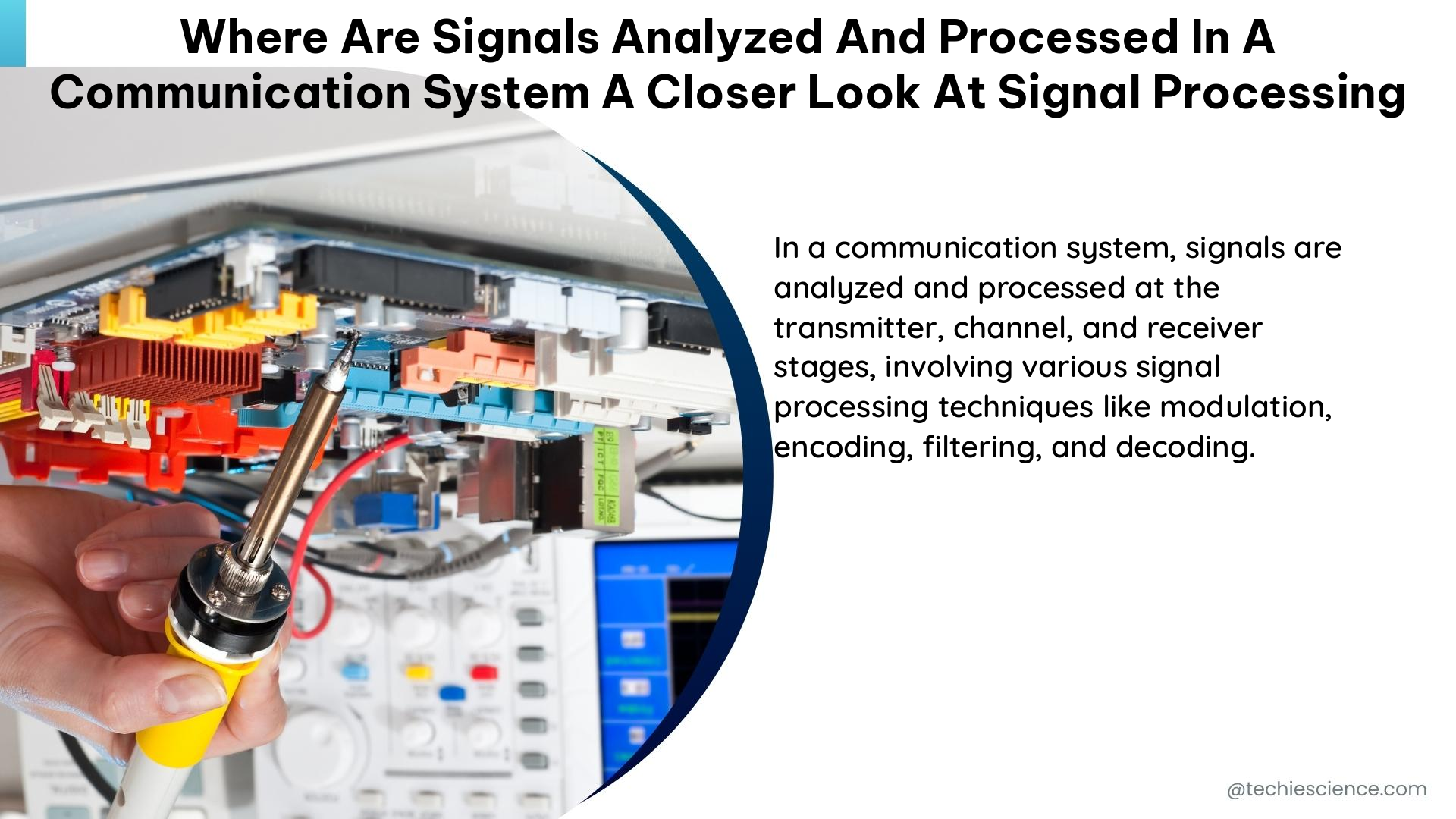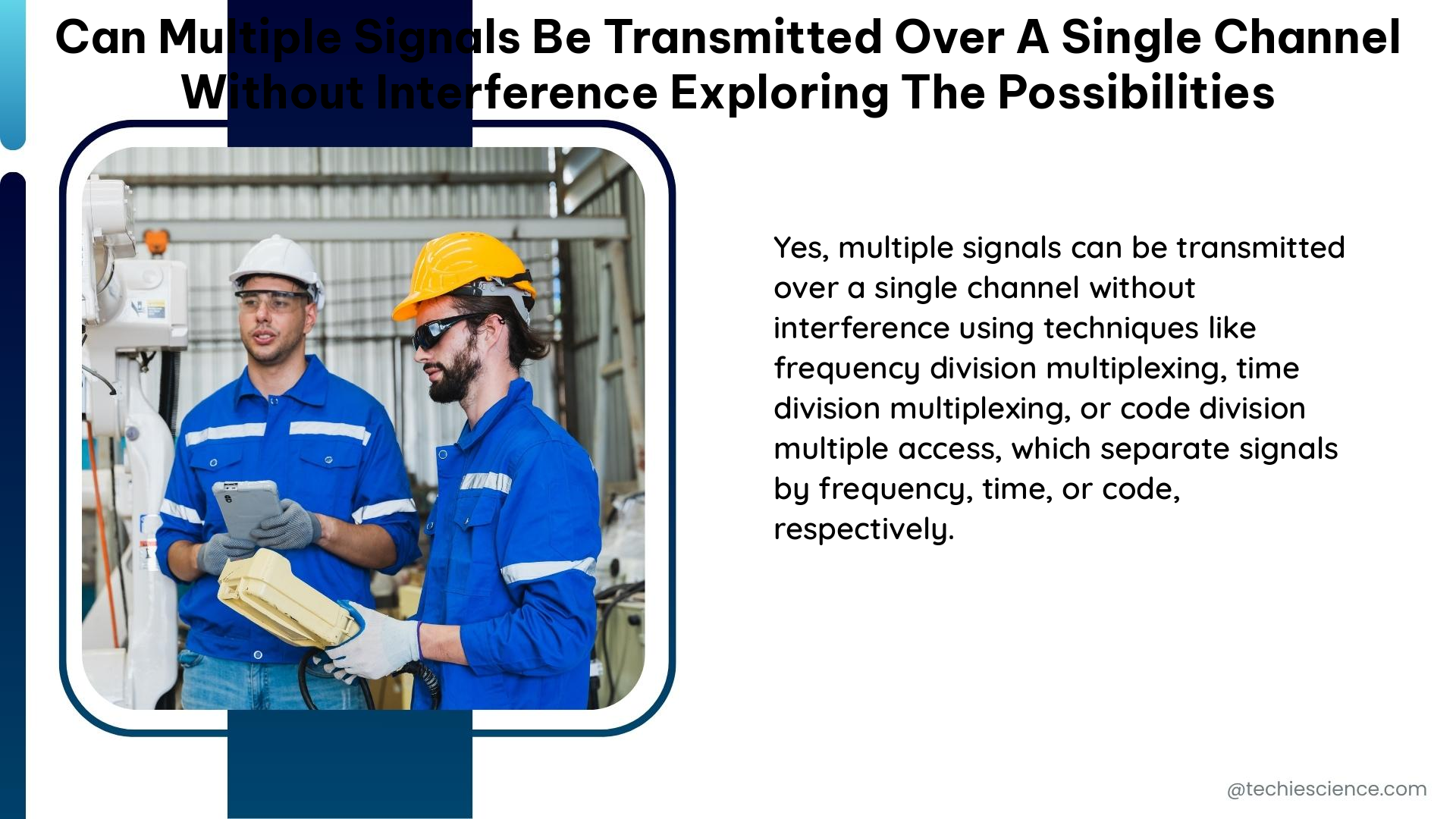Do All Communication Systems Use Error Checking Mechanisms? A Closer Look at Error Detection in Modern Communication
In the ever-evolving landscape of modern communication systems, the reliable and accurate transmission of data has become a paramount concern. As technology advances, the need for robust error checking mechanisms has become increasingly crucial to ensure the integrity of the transmitted signals. This comprehensive guide delves into the intricacies of error detection techniques employed in … Read more
